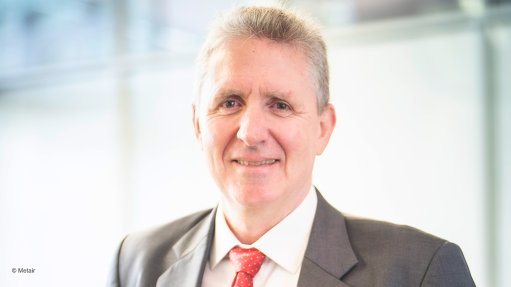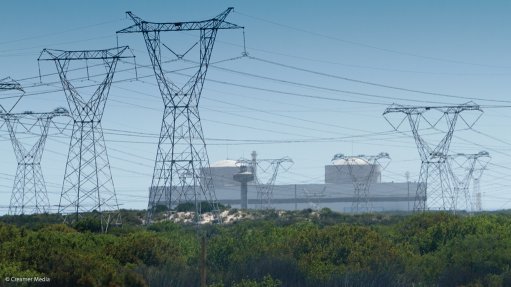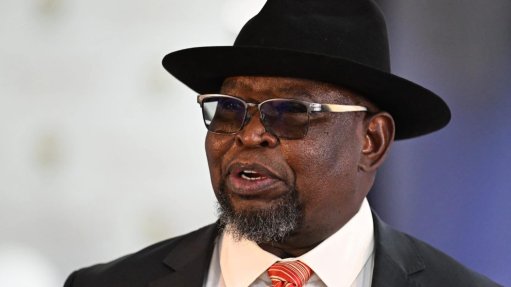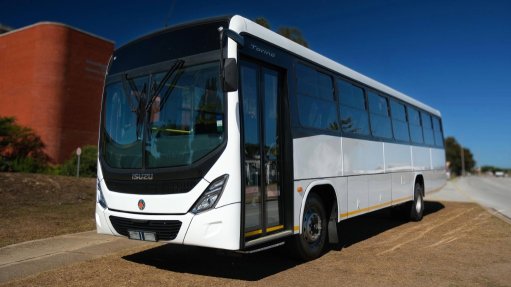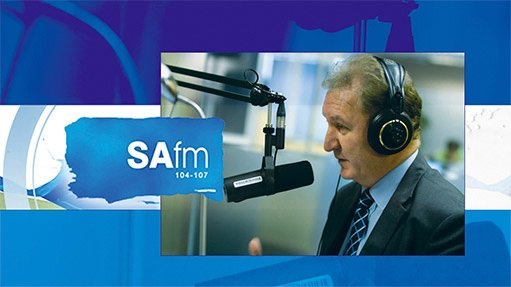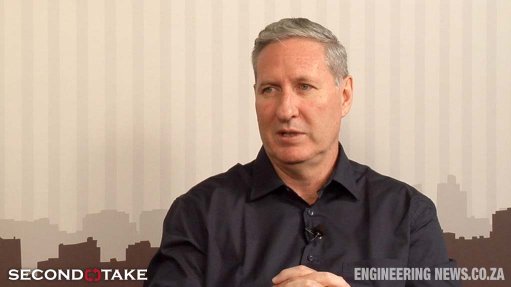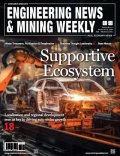PwC suggests reviewing corporate culture to combat economic crime
Digital innovation and technology have given rise to new attack surfaces for economic criminals and fraudsters, resulting in the rate of instances growing at exponential levels, PwC’s 2018 ‘Global Economic Crime’ survey shows.
The survey, released on Thursday, notes that just under half of organisations (49%) globally report that they have experienced economic crime in the past two years and that the other 51% could have fallen victim and been unaware.
“One of the most powerful weapons in a fraudster’s armoury is a lack of awareness within organisations. It is time for business to recognise the true nature of the threat: not just as a nuisance or cost of doing business,” notes PwC forensic services partner and South Africa survey leader Trevor White.
The findings show that South African organisations continue to report the highest instances of economic crime in the world (77%), followed by Kenya (75%) and France (71%). Half of the top ten countries are in Africa.
The broadest definition of fraud is criminal deception intended to result in financial gain. These acts of crime could be from customers trying to defraud a company, outsiders using technology to hack into the company systems and from within the organisation itself, notes White.
He warns that companies who focus their efforts on thwarting on-affiliated fraudsters, “risk being cleaned out from the inside”.
Fraud risk has emerged with as much prominence from within organisations as from the outside, says White. As such, a more holistic and collaborative view of the organisation is necessary to combat fraud.
He believes that, “focusing on human behaviour offers the best opportunity for preventing or reducing fraud because, ultimately, machines don’t commit fraud – people do”.
CONDITIONS FOR FRAUD
The PwC survey points to a “fraud triangle” – three conditions that influence an act of fraud. PwC suggests that dealing with these conditions will significantly reduce the potential for fraud because it works towards removing the environment that enables fraudsters.
The report states that fraudulent acts start with pressure, “generally related to an internal issue”.
Then, if an opportunity presents itself, the person will usually wrestle with it emotionally. “The last piece of the puzzle, which enables them to move from thought to action, is rationalisation,” says White.
He states that eliminating opportunity is about more than finding the culprits,” it is about addressing the actual culture within the organisation. “With pressure, organisations need to ask themselves what the drivers of pressure within the business are, and are expectations aligned with reality.”
Further, rationalisation happens when the “person who decides to commit an act of fraud against their own employer has reconciled their planned actions to their own personal code of ethics”. This, says White, also speaks to corporate culture and understanding the environment that governs employee behaviour.
The report states that since fraud does not happen through the agency of a single factor, businesses have to find the right mix of technology and people measures to counter it.
“Many businesses that have focused primarily on technology, resign themselves to the belief that a certain amount of fraud is simply part of the cost of doing business. It doesn’t have to be like that,” says White.
He points out that, based on the scale of losses caused by internal fraud, yearly, an investment in understanding and addressing corporate culture may offer “a surprisingly high return, assuming you already have a well-established control environment”.
Article Enquiry
Email Article
Save Article
Feedback
To advertise email advertising@creamermedia.co.za or click here
Comments
Press Office
Announcements
What's On
Subscribe to improve your user experience...
Option 1 (equivalent of R125 a month):
Receive a weekly copy of Creamer Media's Engineering News & Mining Weekly magazine
(print copy for those in South Africa and e-magazine for those outside of South Africa)
Receive daily email newsletters
Access to full search results
Access archive of magazine back copies
Access to Projects in Progress
Access to ONE Research Report of your choice in PDF format
Option 2 (equivalent of R375 a month):
All benefits from Option 1
PLUS
Access to Creamer Media's Research Channel Africa for ALL Research Reports, in PDF format, on various industrial and mining sectors
including Electricity; Water; Energy Transition; Hydrogen; Roads, Rail and Ports; Coal; Gold; Platinum; Battery Metals; etc.
Already a subscriber?
Forgotten your password?
Receive weekly copy of Creamer Media's Engineering News & Mining Weekly magazine (print copy for those in South Africa and e-magazine for those outside of South Africa)
➕
Recieve daily email newsletters
➕
Access to full search results
➕
Access archive of magazine back copies
➕
Access to Projects in Progress
➕
Access to ONE Research Report of your choice in PDF format
RESEARCH CHANNEL AFRICA
R4500 (equivalent of R375 a month)
SUBSCRIBEAll benefits from Option 1
➕
Access to Creamer Media's Research Channel Africa for ALL Research Reports on various industrial and mining sectors, in PDF format, including on:
Electricity
➕
Water
➕
Energy Transition
➕
Hydrogen
➕
Roads, Rail and Ports
➕
Coal
➕
Gold
➕
Platinum
➕
Battery Metals
➕
etc.
Receive all benefits from Option 1 or Option 2 delivered to numerous people at your company
➕
Multiple User names and Passwords for simultaneous log-ins
➕
Intranet integration access to all in your organisation









